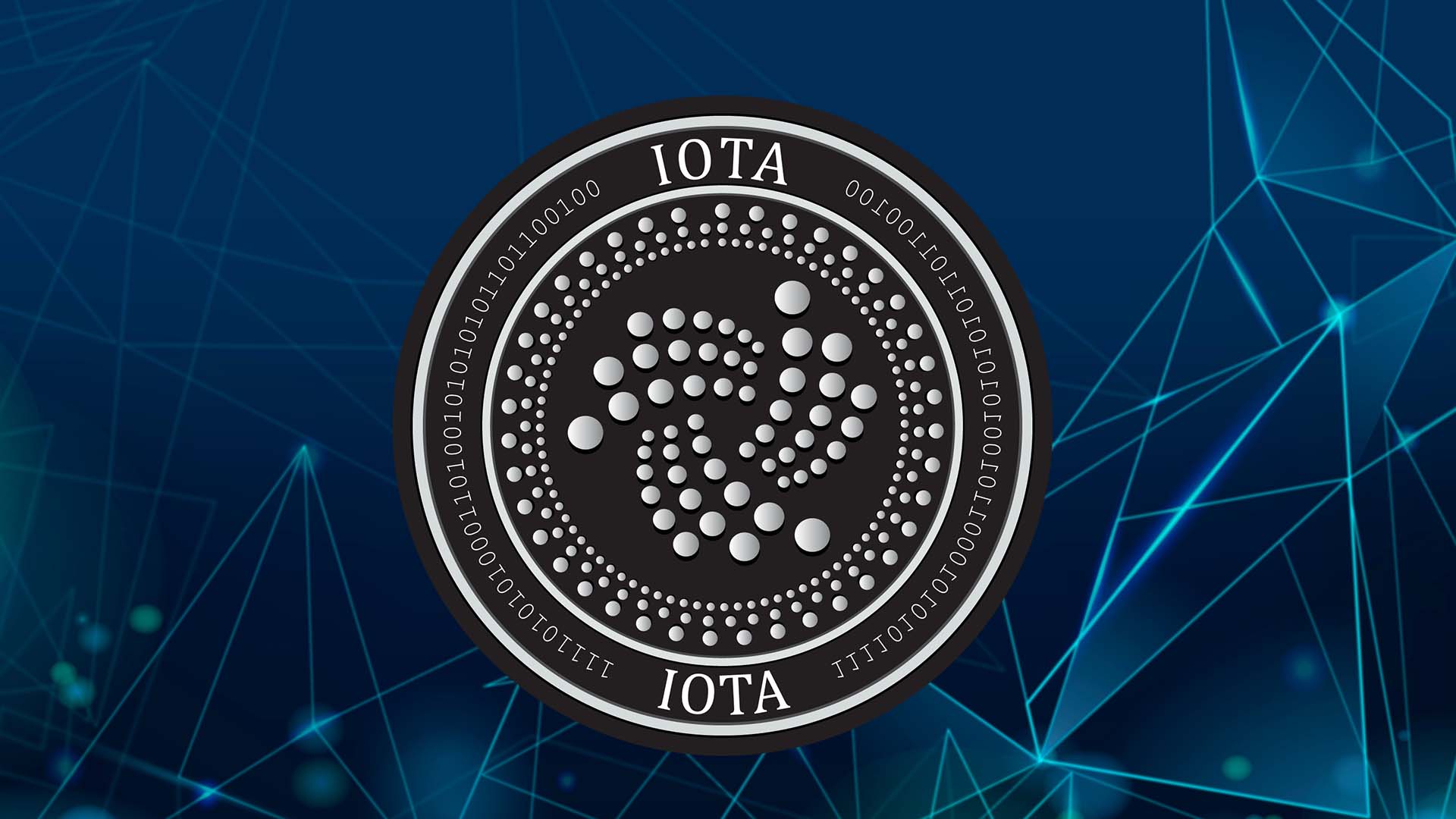-
 Bitcoin
Bitcoin $84,237.7847
-0.39% -
 Ethereum
Ethereum $1,987.3169
0.37% -
 Tether USDt
Tether USDt $0.9997
0.01% -
 XRP
XRP $2.3869
-1.77% -
 BNB
BNB $628.4789
-0.22% -
 Solana
Solana $128.8069
0.40% -
 USDC
USDC $1.0000
-0.02% -
 Dogecoin
Dogecoin $0.1686
-0.71% -
 Cardano
Cardano $0.7088
-1.45% -
 TRON
TRON $0.2359
1.59% -
 Chainlink
Chainlink $14.0678
-0.74% -
 UNUS SED LEO
UNUS SED LEO $9.7536
0.06% -
 Toncoin
Toncoin $3.6044
-3.21% -
 Stellar
Stellar $0.2766
-2.71% -
 Avalanche
Avalanche $19.3457
2.65% -
 Hedera
Hedera $0.1832
-2.33% -
 Shiba Inu
Shiba Inu $0.0...01256
-3.09% -
 Sui
Sui $2.2487
-2.99% -
 Polkadot
Polkadot $4.4572
-0.61% -
 Litecoin
Litecoin $90.9730
-1.81% -
 Pi
Pi $0.9934
5.73% -
 Bitcoin Cash
Bitcoin Cash $324.5983
-2.33% -
 MANTRA
MANTRA $6.2718
-5.06% -
 Bitget Token
Bitget Token $4.6646
-0.72% -
 Ethena USDe
Ethena USDe $0.9993
-0.05% -
 Dai
Dai $1.0000
-0.02% -
 Hyperliquid
Hyperliquid $15.8175
9.21% -
 Uniswap
Uniswap $6.8818
0.43% -
 Monero
Monero $217.0404
3.31% -
 Aptos
Aptos $5.6587
1.80%
How to buy IOTA coins safely and reliably
Selecting a reputable cryptocurrency exchange with robust security measures, transparent fees, and IOTA trading availability is essential for purchasing IOTA safely and securely.
Nov 19, 2024 at 12:28 pm

Step 1: Choose a Trustworthy Cryptocurrency Exchange
Navigating the landscape of cryptocurrency exchanges can be daunting, but selecting a reputable platform is crucial for purchasing IOTA safely and securely. Consider factors such as:
- Regulation and Security: Ensure the exchange is regulated by a reputable financial authority and employs robust security measures, including two-factor authentication (2FA), SSL encryption, and cold storage for user funds.
- Availability of IOTA: Verify that the exchange offers IOTA trading pairs with supported fiat currencies or other cryptocurrencies you possess.
- Fees and Trading Conditions: Compare the trading fees, deposit and withdrawal charges, and other terms of service before selecting an exchange that aligns with your needs and budget.
Step 2: Create an Account and Verify Your Identity
Most cryptocurrency exchanges require users to create an account and undergo an identity verification process. This may involve providing personal information, uploading government-issued identification documents, and completing a proof of address.
- Follow the Registration Process: Carefully follow the exchange's instructions for creating an account, ensuring you provide accurate and verifiable information.
- Complete KYC/AML Requirements: Know-Your-Customer (KYC) and Anti-Money Laundering (AML) regulations require exchanges to collect certain identifying information to prevent fraud and illegal activities. Cooperate with the verification process to avoid delays or account restrictions.
Step 3: Fund Your Exchange Account
After account verification, you need to deposit funds into your exchange account to purchase IOTA. Most reputable exchanges offer various funding options, including:
- Bank Transfer: Transfer funds directly from your bank account, typically using SEPA, SWIFT, or wire transfer methods. This option may take several business days to complete but often involves lower fees.
- Credit/Debit Card: Some exchanges allow users to purchase cryptocurrencies using credit or debit cards, providing instant access to funds but potentially incurring higher fees.
- Third-Party Payment Processors: Certain exchanges collaborate with third-party payment services like PayPal or Google Pay, offering convenient and rapid funding options. However, these services may impose additional fees.
Step 4: Place an Order to Buy IOTA
Once your account is funded, you can proceed to the trading interface to place an order to buy IOTA.
- Choose the IOTA Trading Pair: Select the trading pair that aligns with your preferred funding method, such as IOTA/USDT if you deposited USDT or IOTA/BTC if you possess Bitcoin.
- Specify Order Type: There are various order types available, including market orders for instant execution at the current market price and limit orders for buying or selling at a specified price.
- Enter Order Parameters: Enter the amount of IOTA you wish to purchase and review the estimated cost, including any applicable fees.
- Confirm the Transaction: Carefully verify the order details before confirming the transaction to avoid any errors or unexpected outcomes.
Step 5: Store Your IOTA Safely
After completing the purchase, it's crucial to store your IOTA securely to protect against potential theft or loss.
- Hardware Wallet: For maximum security, store your IOTA in a hardware wallet, a dedicated device designed to hold private keys offline, preventing unauthorized access.
- Software Wallet: Software wallets on your computer or mobile device provide a convenient storage option with varying security levels. Choose a reputable wallet and employ strong password protection measures.
- Exchange Wallets: Leaving IOTA in the exchange's wallet may expose you to security risks or limitations on withdrawal or trading. Consider transferring your coins to a personal wallet for enhanced control and security.
Disclaimer:info@kdj.com
The information provided is not trading advice. kdj.com does not assume any responsibility for any investments made based on the information provided in this article. Cryptocurrencies are highly volatile and it is highly recommended that you invest with caution after thorough research!
If you believe that the content used on this website infringes your copyright, please contact us immediately (info@kdj.com) and we will delete it promptly.
- South Korean Authorities Are Planning Sanctions Against Crypto Exchanges Operating Illegally in the Country
- 2025-03-22 12:30:12
- The Ethereum ETFs pave the way for wider institutional adoption, but remain incomplete
- 2025-03-22 12:30:12
- title: Crashing Litecoin (LTC) Price Finds Whales Accumulating the Dip
- 2025-03-22 12:25:12
- The cryptocurrency market is evolving, and fresh contenders are stepping into the spotlight
- 2025-03-22 12:25:12
- Uniswap Votes to Give Away $50M in UNI Tokens to Boost Adoption of New Version and Unichain
- 2025-03-22 12:20:12
- BaFin Orders Ethena GmbH to Stop Public Sales of Its USDe Stablecoin
- 2025-03-22 12:20:12
Related knowledge

What is Ethereum’s Slashing mechanism and how to punish malicious behavior?
Feb 20,2025 at 03:08am
Key PointsOverview of slashingDifferent types of slashing in EthereumIncentives and consequences of slashingIdentifying and reporting slashed validatorsOngoing discussions and potential improvementsEthereum's Slashing Mechanism: Punishing Malicious BehaviorEthereum's slashing mechanism is an essential tool for ensuring network security and punishing mal...

What is the verifier node of Ethereum and how to become a verifier?
Feb 19,2025 at 06:00pm
The Verifier Node of Ethereum: A Comprehensive GuideKey Points:What is a Verifier Node?How to Become a Verifier NodeResponsibilities and Rewards of a Verifier NodeMinimum Requirements for Becoming a Verifier NodePotential Difficulties in Running a Verifier Node1. What is a Verifier Node?A Verifier Node is an independent entity on the Ethereum network th...

What is Ethereum’s staking, and how to participate and earn money?
Feb 19,2025 at 04:37pm
Key Points:Understanding Ethereum's Staking MechanismSteps to Participate in StakingBenefits and Rewards of StakingSecurity and Risk ConsiderationsTechnical Requirements and Hardware OptionsPotential Challenges and Troubleshooting TipsFAQs on Ethereum StakingWhat is Ethereum's Staking?Proof-of-Stake (PoS) is a consensus mechanism used in blockchain netw...

What is Ethereum’s DAO (Decentralized Autonomous Organization) and how does it work?
Feb 20,2025 at 03:12am
Key PointsDefinition and Structure of a DAOGovernance and Decision-Making in DAOsBenefits and Use Cases of DAOsChallenges and Limitations of DAOsWhat is Ethereum's DAO (Decentralized Autonomous Organization) and How Does It Work?Definition and Structure of a DAOA Decentralized Autonomous Organization (DAO) is an innovative governance and management fram...

What is Ethereum's multi-signature wallet and how to improve security?
Feb 20,2025 at 02:18pm
Key Points:Understanding the Concept of a Multi-Signature WalletBenefits and Drawbacks of Multisig WalletsRequirements for Setting Up a Multisig WalletStep-by-Step Guide to Generating a Multisig WalletImplementing Strategies for Enhanced Security1. Understanding the Concept of a Multi-Signature WalletA multi-signature (multisig) wallet in the Ethereum e...

What is Ethereum's oracle and how to provide data for smart contracts?
Feb 21,2025 at 01:30am
Key Points:Understanding the concept of oracles in EthereumExploring different types of oraclesDetailed guide on how to provide data for smart contractsAddressing potential challenges and considerationsWhat is Ethereum's Oracle?Oracles are crucial components in the Ethereum ecosystem, enabling smart contracts to access real-world data and off-chain even...

What is Ethereum’s Slashing mechanism and how to punish malicious behavior?
Feb 20,2025 at 03:08am
Key PointsOverview of slashingDifferent types of slashing in EthereumIncentives and consequences of slashingIdentifying and reporting slashed validatorsOngoing discussions and potential improvementsEthereum's Slashing Mechanism: Punishing Malicious BehaviorEthereum's slashing mechanism is an essential tool for ensuring network security and punishing mal...

What is the verifier node of Ethereum and how to become a verifier?
Feb 19,2025 at 06:00pm
The Verifier Node of Ethereum: A Comprehensive GuideKey Points:What is a Verifier Node?How to Become a Verifier NodeResponsibilities and Rewards of a Verifier NodeMinimum Requirements for Becoming a Verifier NodePotential Difficulties in Running a Verifier Node1. What is a Verifier Node?A Verifier Node is an independent entity on the Ethereum network th...

What is Ethereum’s staking, and how to participate and earn money?
Feb 19,2025 at 04:37pm
Key Points:Understanding Ethereum's Staking MechanismSteps to Participate in StakingBenefits and Rewards of StakingSecurity and Risk ConsiderationsTechnical Requirements and Hardware OptionsPotential Challenges and Troubleshooting TipsFAQs on Ethereum StakingWhat is Ethereum's Staking?Proof-of-Stake (PoS) is a consensus mechanism used in blockchain netw...

What is Ethereum’s DAO (Decentralized Autonomous Organization) and how does it work?
Feb 20,2025 at 03:12am
Key PointsDefinition and Structure of a DAOGovernance and Decision-Making in DAOsBenefits and Use Cases of DAOsChallenges and Limitations of DAOsWhat is Ethereum's DAO (Decentralized Autonomous Organization) and How Does It Work?Definition and Structure of a DAOA Decentralized Autonomous Organization (DAO) is an innovative governance and management fram...

What is Ethereum's multi-signature wallet and how to improve security?
Feb 20,2025 at 02:18pm
Key Points:Understanding the Concept of a Multi-Signature WalletBenefits and Drawbacks of Multisig WalletsRequirements for Setting Up a Multisig WalletStep-by-Step Guide to Generating a Multisig WalletImplementing Strategies for Enhanced Security1. Understanding the Concept of a Multi-Signature WalletA multi-signature (multisig) wallet in the Ethereum e...

What is Ethereum's oracle and how to provide data for smart contracts?
Feb 21,2025 at 01:30am
Key Points:Understanding the concept of oracles in EthereumExploring different types of oraclesDetailed guide on how to provide data for smart contractsAddressing potential challenges and considerationsWhat is Ethereum's Oracle?Oracles are crucial components in the Ethereum ecosystem, enabling smart contracts to access real-world data and off-chain even...
See all articles




















































































